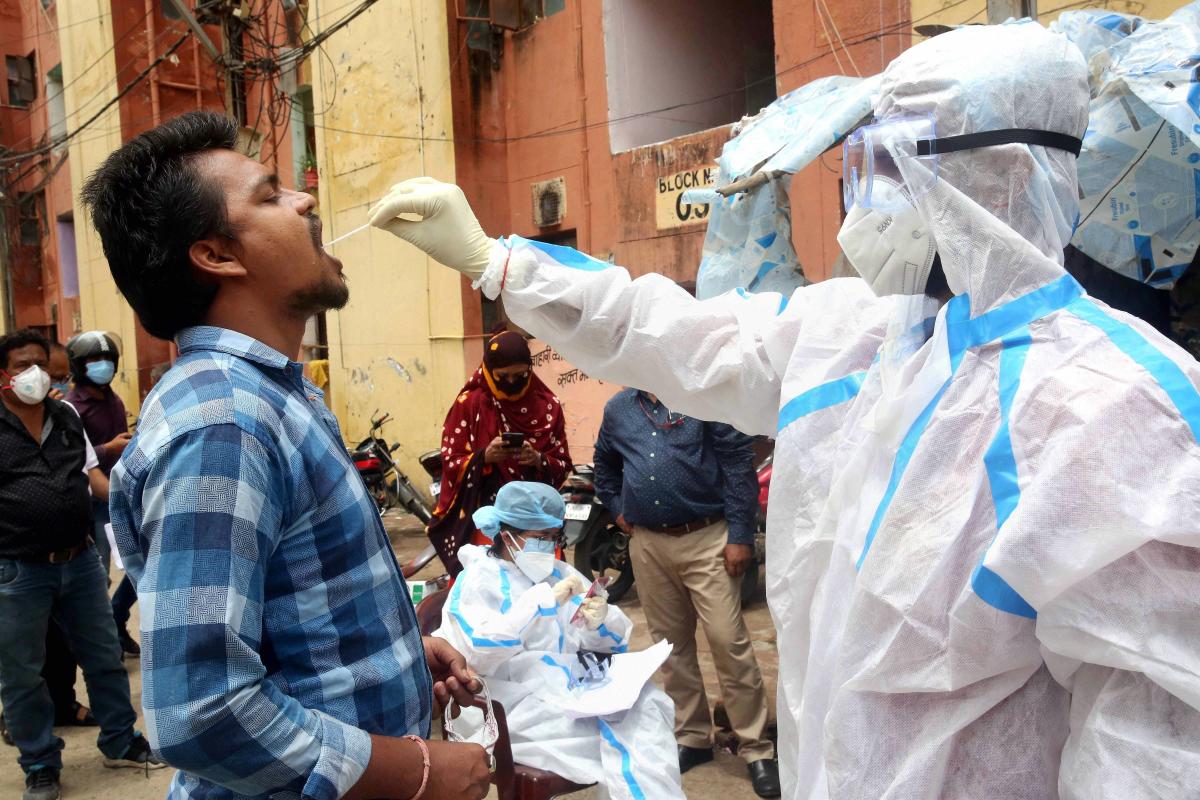
Dubious COVID tests have cost Indians ₹74,000 Cr in 2 years: NGO
The government has to keep check on nationwide racket run by unscrupulous private labs, says Grahak Bharati

Since the onset of the COVID pandemic, Indians have spent a massive ₹74,000 crore for 74 crore tests conducted by dubious private pathological labs. Among them, 4.2 crore cases tested positive, and the number of deaths stood at 5 lakh, said a consumer rights NGO.
The NGO, Nagpur-based Grahak Bharati, that over the past two years, Indians have taken COVID tests such as RTPCR, RAT, TrueNAT and CBNAAT, via 3,255 testing labs. Of these, 1,844 were private labs and 1,411 were government labs, it said. An IANS report quoting the NGO said that of the total, just 2,141 (764 government and 1,377 private) labs are conducting RT-PCR tests, which are accepted universally. The balance 1,114 (647 government, 467 private) labs offer the other tests, which are not considered valid proof of positivity.
Considering a test costs ₹1,000 on an average, Indians have shelled out over ₹74,000 crore only for COVID tests, said Grahak Bharati founder and President Vinod Tiwari. Private labs made the maximum profit from this, he added.
Often, people with no initial symptoms were forced to take the test, he said. This only ‘spooked’ the country over the pandemic, he added, according to IANS.
The NGO has written to Prime Minister Narendra Modi, Union Health Minister Mansukh Mandaviya, Maharashtra Chief Minister Uddhav Thackeray, the ICMR, the Central Vigilance Commission, and other top officials, demanding a probe into the ‘massive unbridled dacoity’. If the racket goes unchecked by the government, Grahak Bharati plans to file a PIL (public interest litigation) in the Supreme Court.
‘A systematic mega-scam’ is taking place with the connivance of government officials, politicians and dubious private labs, said Tiwari. This violates the provisions of the central Clinical Establishments (Registration and Regulation) Act, 2010, he said, adding that this calls for severe penal action.


